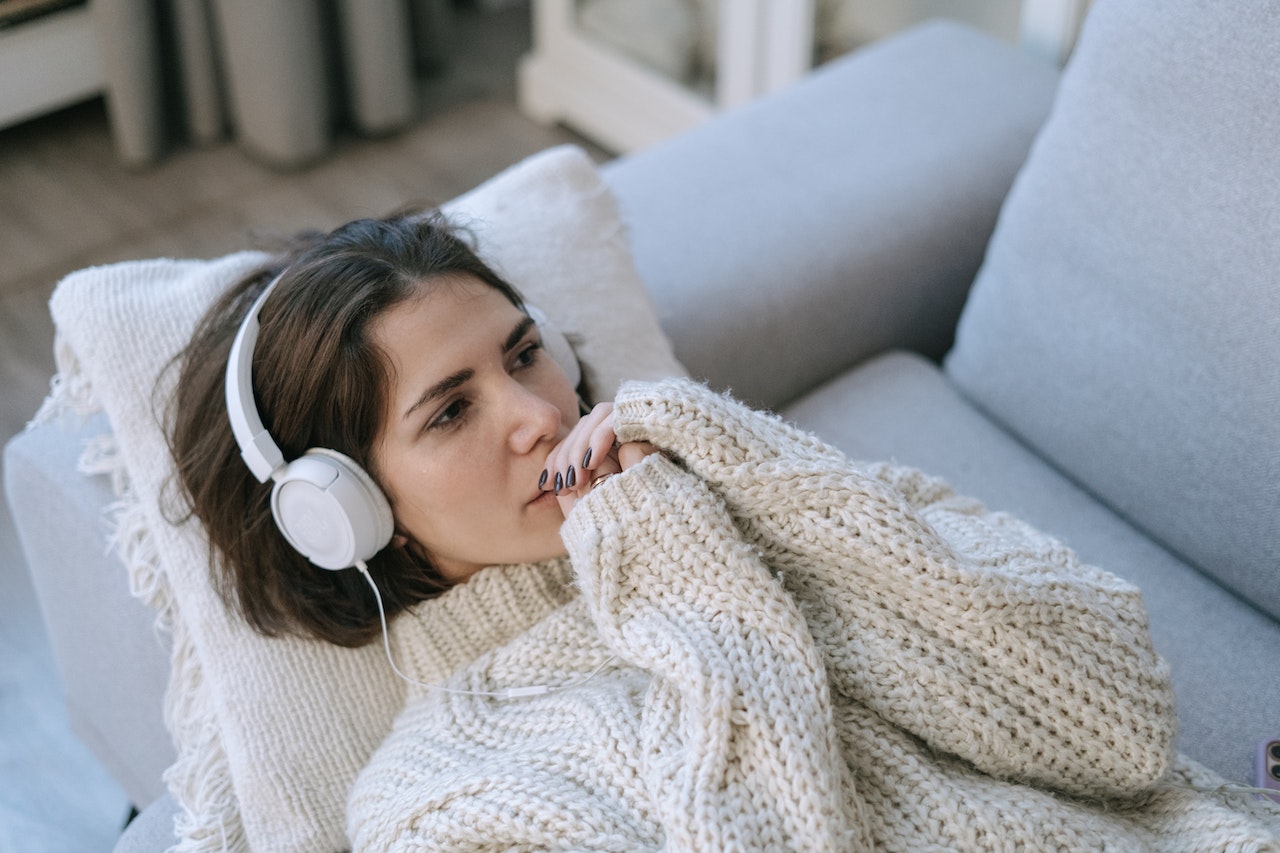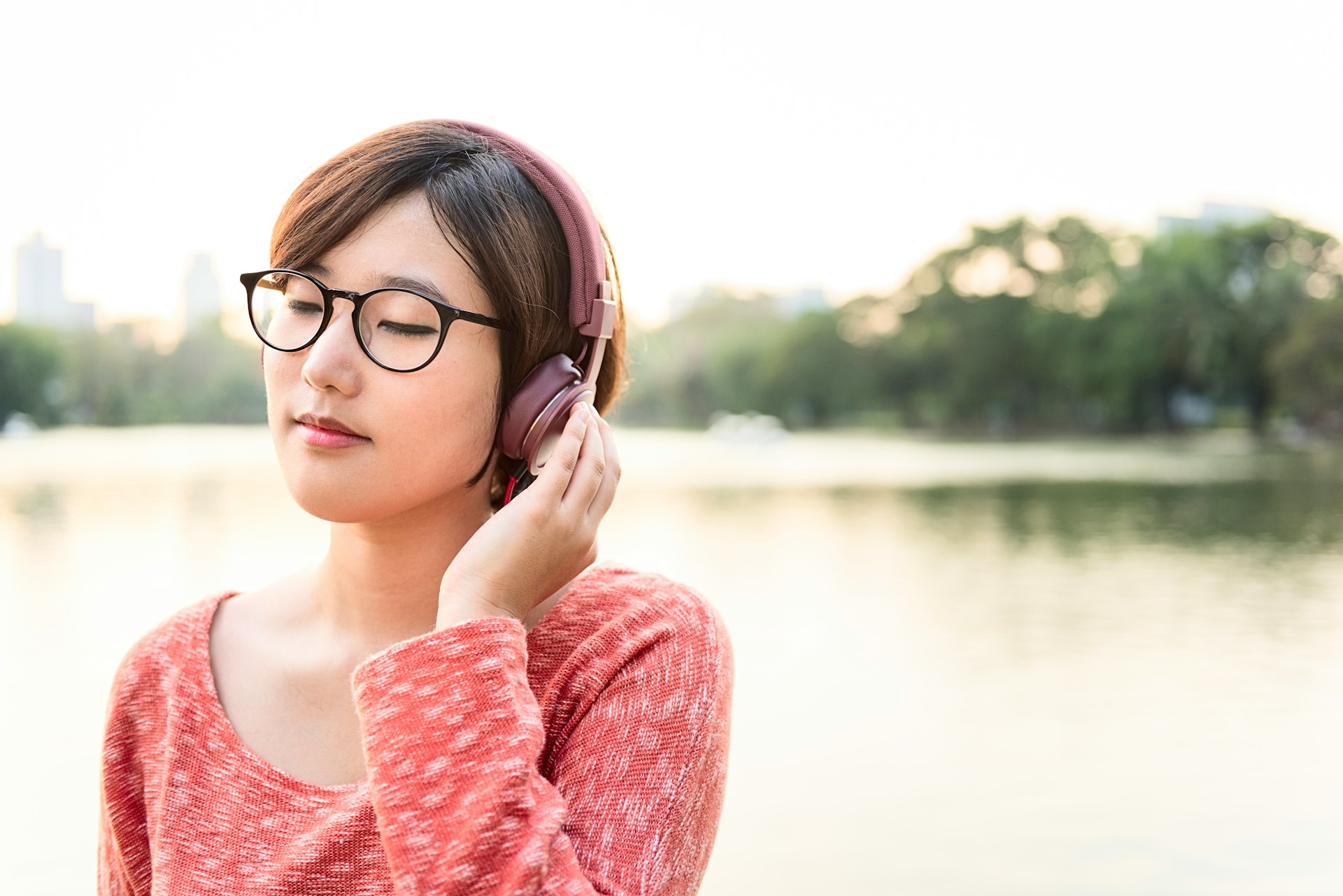Music is a powerful and versatile art form. While it can inspire people to move, dance, and express themselves, music can also help you wind down after a busy day and prepare you for sleep. Coupled with the convenience of smartphones, portable speakers, and streaming apps, listening to music for sleep has never been easier.
How Does Music Help You Sleep?
Studies have shown that music can have a positive effect on sleep. Listening to music can help reduce stress and anxiety, which can help you fall asleep faster and stay asleep longer. It can also help regulate hormones, including cortisol, the stress hormone. Higher levels of cortisol can increase alertness and difficulty sleeping, while music can help lower cortisol levels and put you in a more relaxed state.
Music also has the power to make us feel good and can help us to relax. Listening to music can trigger the release of dopamine, a hormone released when we do enjoyable activities such as eating and exercising.
This release of dopamine can help us to feel good and can help us to address pain, which can be a common reason for difficulty sleeping. Studies have demonstrated that physical and psychological reactions to music can help reduce short-term and long-term physical pain.
What Is The Best Kind Of Music For Sleep?
The jury is out on this one. Currently, scientists have not been able to pinpoint universal traits that make specific kinds of music helpful in helping people sleep. However, what’s clear is that one of the biggest factors in how music affects a person’s body is their musical preferences.
Some people find that classical music is the most effective in helping them get to sleep. Many people find that soft violin music for sleeping is calming and soothing and can help relax the mind and body. Studies have also shown music reduces cortisol levels, the hormone responsible for stress.
Some people have also taken to listening to calming Christian music for sleep. This is particularly effective for people who associate positive experiences with their religious activities, which helps calm them down and allows them to sleep better.
Other people find that more upbeat music is better for helping them fall asleep. Ironically, upbeat music can be energizing and help reduce stress and anxiety. It can also help reduce the time it takes to fall asleep.
Still, others find that calming, ambient music is the best way to get to sleep. Ambient music is often characterized by its slow tempo and lack of vocals, which can help reduce distractions while sleeping. Ambient music can also create a more peaceful atmosphere, which helps to relax the body and mind.
Conclusion
Ultimately, the type of music that is most effective for helping people sleep depends on the individual. The most crucial factor is finding relaxing and calming music, as this will help reduce stress and anxiety and aid in better sleep. It is also important to find music that is not too stimulating, as this can have the opposite effect and make it more difficult to fall asleep.
Prayer Pray’s collection of calming violin music is perfect for winding down after a busy work day. You can stream our music from Spotify, Apple Music, Youtube Music, and other streaming platforms.




